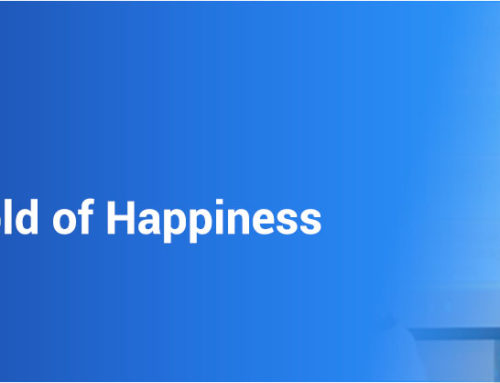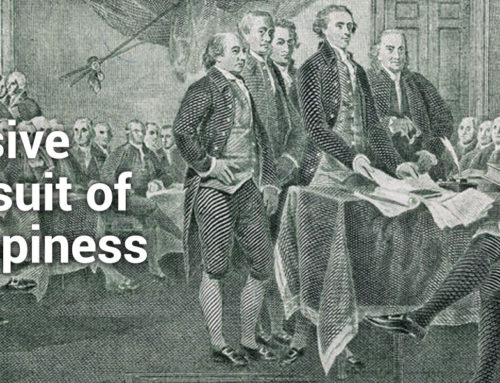Download the entire article (.pdf file) by clicking the below icon:
[icon_list icon=”acrobat” size=”large” link=”/wp-content/uploads/2014/04/STILE-Point-12-Communicating-Science-II-final.pdf” target=”blank”]
[clear]
In my first STILE Point (STILE Point #4 Communicating Science, The Art of Social Discourse) I promised to recommend articles that I thought were examples of good communication or had some interesting insight. One such article, actually it is a blog, jumped out at me this past week. The blog appeared on the website (link HERE) for the Union of Concerned Scientists (UCS).
The article is titled the Power of Positive and highlights lessons from the eminent climate scientist Katharine Hayhoe. Katharine is impressive by any objective standard. She challenges many of your deep-seated stereotypes. She is modest, almost unheard of in the scientific community, and doesn’t lead with her PhD. I had to check a couple of sites just to confirm that she, in fact, does have a PhD.
I also mentioned that a good communicator must establish credibility. Katharine is recognized as a gifted communicator and was chosen by Time magazine as one of the top 100 most influential people in the world. She commands your attention. She does not lecture an audience; she engages them in a dialogue. She does her due diligence and doesn’t shy away from a difficult audience. It’s easy to talk in front of like-minded people – it’s another thing to enter the arena. She is neither condescending nor pedantic. I love this next quote: “Often, scientists mistakenly treat communication as a one-way street. Audiences receive scientific information differently based on their attitudes, beliefs, and values. The best science communicators meet their audiences where they’re at.”
Katharine Hayhoe goes to, “where her audience is at.” Many of her lessons are obvious and would come as no surprise to you, whether you are a scientist or not. However, the one lesson I found particularly interesting was her assertion that “Science is built on negatives. Peer-review is often an exercise in shooting things down…science is the ultimate exercise in critical thinking, with an emphasis on the critical.”
Maybe this is obvious to everyone else, but I had never thought about how critical thought, clearly a virtue for scientific discovery, if carried over to the discipline of communicating science to a broader more general audience, can be off- putting. I participate in many “critical” proposal reviews, and one’s science peers will challenge every assumption and algorithm. Weakness or indecisiveness is like “blood in the water” for these sharks. Katharine has a way, even with an audience primed for a fight, to calm the water and persuade, rather than confront.
She is an evangelical Christian (another stereotype to be challenged) and attributes her communications skills to her evangelical training to “build each other up.” However, we want to define “building each other up.” She clearly strikes a balance between being critical and confrontational with challenging perceptions.
While you may court disaster during a peer review to admit uncertainty, it may establish your credibility with a general audience to admit you may not have all the answers, and then describe how you are dealing with that uncertainty. As the author of the blog Aaron Huertas concludes: “If she can do it, other scientists can, too. And when it comes to science communication, we can all do more to build each other up.”
[hr]
As an Associate in Graffeo & Associates, Richard Chidester provides senior consulting support in client relationship management, business development, technology management and commercialization. Mr. Chidester has over 25 years of experience as a project manager and business unit manager in R&D organizations. His areas of specialty include: Developing and implementing marketing and commercialization strategies, international program negotiations, technology transfer models, valuing R&D, applying technology to energy sector industry problems, political and legal analysis, organizational consulting.



